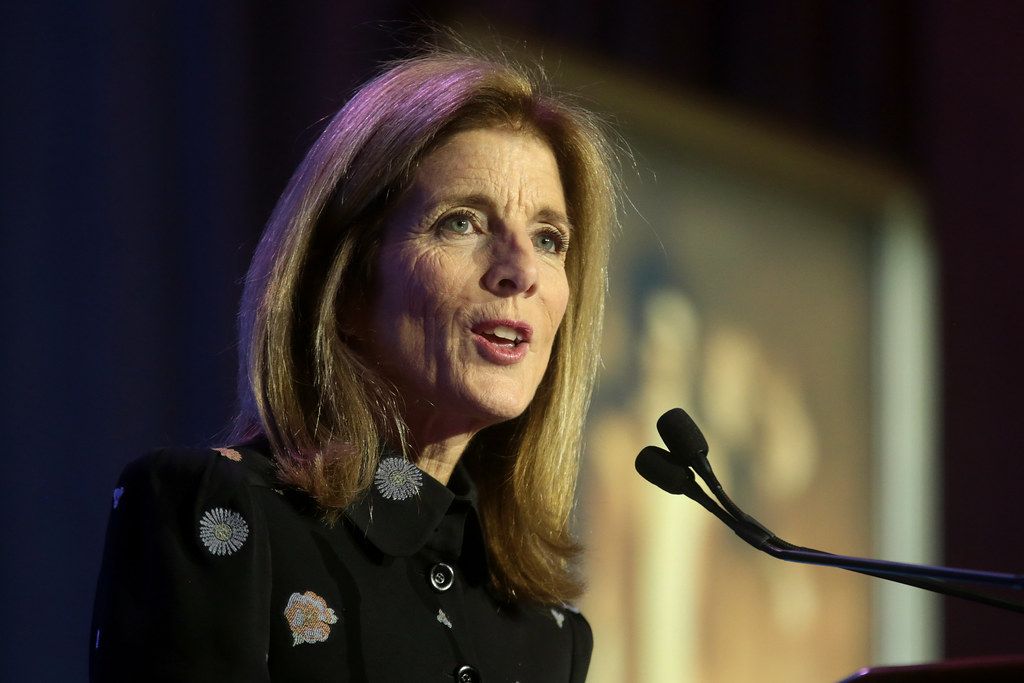About This Talk Of A Possible Plea Deal For Assange

Support independent journalism on whistleblowers, secrecy, and press freedom-related issues. Become a subscriber of The Dissenter or buy a copy of Guilty of Journalism: The Political Case Against Julian Assange.
It has been 13 years since WikiLeaks founder Julian Assange first obtained and published hundreds of thousands of documents from a United States military database. In that time, he has spent over a decade in some form of arbitrary detention, including the last four years at His Majesty’s Prison Belmarsh while awaiting extradition on U.S. Espionage Act charges.
I will not pass any judgment against Assange if he accepts a plea deal so he can begin a new chapter in his life with his wife Stella and two children, Gabriel and Max. If U.S Justice Department officials are open to negotiating, Assange should negotiate a plea deal, and in particular, he should urge prosecutors to allow him to plead guilty to a lesser offense that will set less of a precedent.
But is there anything to this talk about a plea deal? Any reason for hope? Or should we downplay it as mere chatter until something much more concrete is reported?
US Ambassador to Australia Caroline Kennedy was asked by an Australian reporter at her residence in Canberra whether she believed the U.S. and Australia could reach a “diplomatic outcome.” Kennedy responded that the case is “not really a diplomatic issue, but I think that there absolutely could be a resolution.”
Kennedy referred to Blinken’s comments several days ago in Brisbane, where he backed the charges against Assange as “serious.” Blinken insisted that Australia recognize how “sensitive” it was to the US to have classified documents published by Assange. It certainly seemed like Blinken slammed the door on any effort intended to avoid a U.S. trial in Alexandria, Virginia.
"But there is a way to resolve it,” Kennedy said. “You can read the [newspapers] just like I can.”
I am not sure what that is supposed to mean, but The Age in Australia seems to think it might relate to a potential “David Hicks-style plea bargain” that “has emerged as the most likely way for Assange to avoid a drawn-out criminal trial on espionage charges and a possible lengthy jail term in a maximum security US prison.” (Hicks was an Australian who the U.S. military detained as a suspected terrorist at the infamous prison on Guantanamo Bay.)
The newspaper also noted, “Pressed on whether US authorities could strike a deal with Assange to reduce the charges against him in exchange for a guilty plea she said: ‘That's up to the Justice Department.’"
I think Kennedy has grown tired of the persistent and righteous advocacy by Assange campaigners. In the past year, Australian Prime Minister Anthony Albanese and other officials have been willing to raise the matter and make an issue out of it when meeting with their American counterparts.
Kennedy’s response is the kind of response that a U.S. official gives to appease a country, where a majority believes one of their own should be freed and allowed to return home. Because the U.S. government has failed to convince Australians that Assange is a criminal who must be punished.
She is also conceding that “no comment” is not sufficient anymore. So if reporters are going to keep asking Kennedy the same question (as they should), Kennedy probably figures she might as well tease them with what they want, even if the Justice Department isn’t open to a deal yet. Maybe reporters will back off a little bit.
That said, this round of news about the case is positive for the Assange campaign. It creates an expectation that the U.S. government could bargain with Assange. By not negotiating an end, the U.S. further exposes how cruel and vindictive they are in their pursuit of an extradition and trial.
But it is difficult to believe that the dynamic has shifted enough to convince U.S. officials that they must abandon this political case because those speaking in an official capacity about Assange are not serious people. They will say the bare minimum to satisfy reporters and Australian officials until the inevitable happens, and Assange is in a U.S. courtroom.
Officials like Blinken and Kennedy do not care one bit if prosecuting Assange damages the First Amendment, or more broadly, freedom of expression.
***
I have two upcoming events for my book, Guilty of Journalism: The Political Case Against Julian Assange. If you live near Baltimore, Washington, DC, or Arlington, Virginia and can attend, I’d enjoy meeting you.
DETAILS
AUGUST 19: Red Emma’s Bookstore, Baltimore, hosted by Eleanor Goldfield (Saturday, 7pm)
AUGUST 20: Busboys & Poets Shirlington, Arlington, with CIA whistleblower John Kiriakou (Sunday, 6pm)

Comments ()